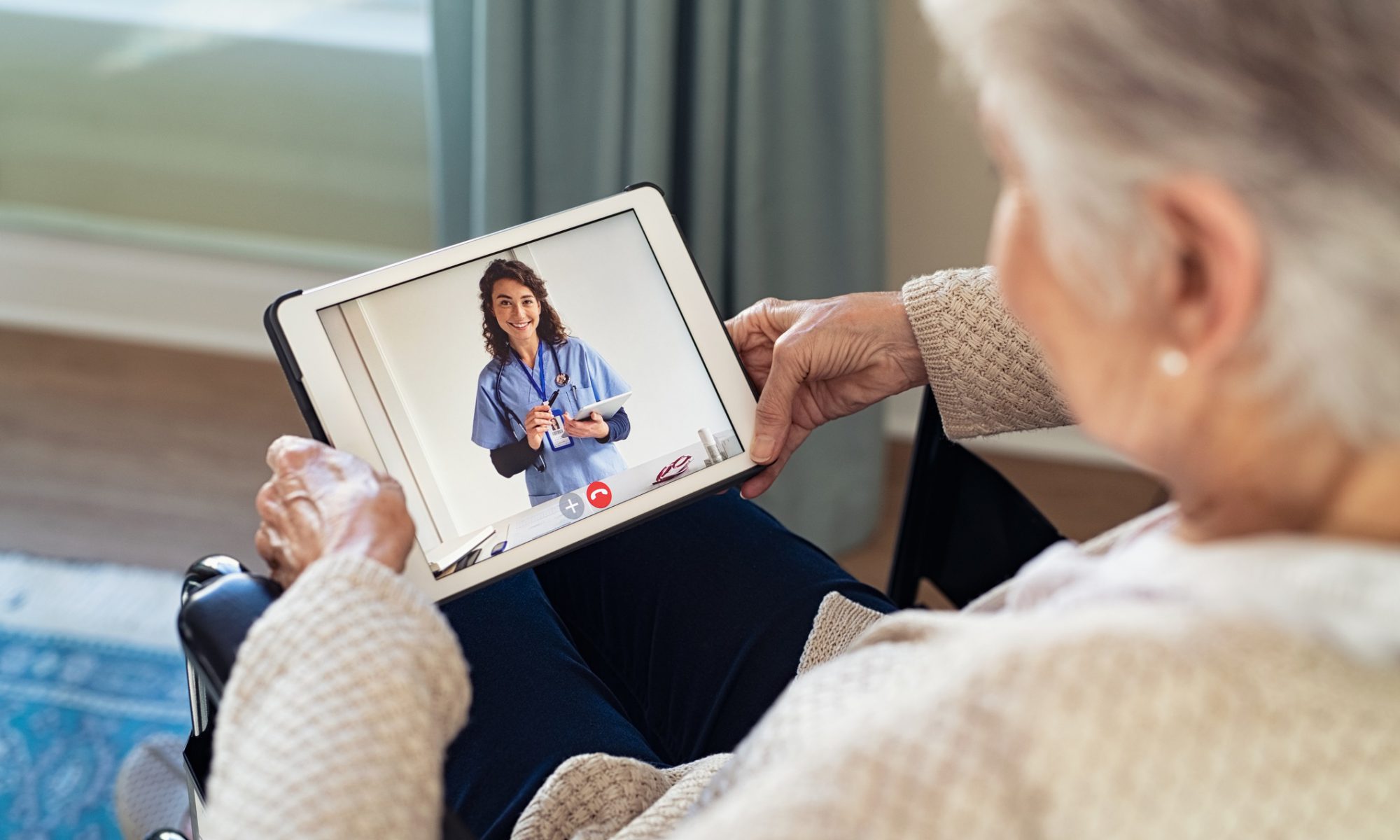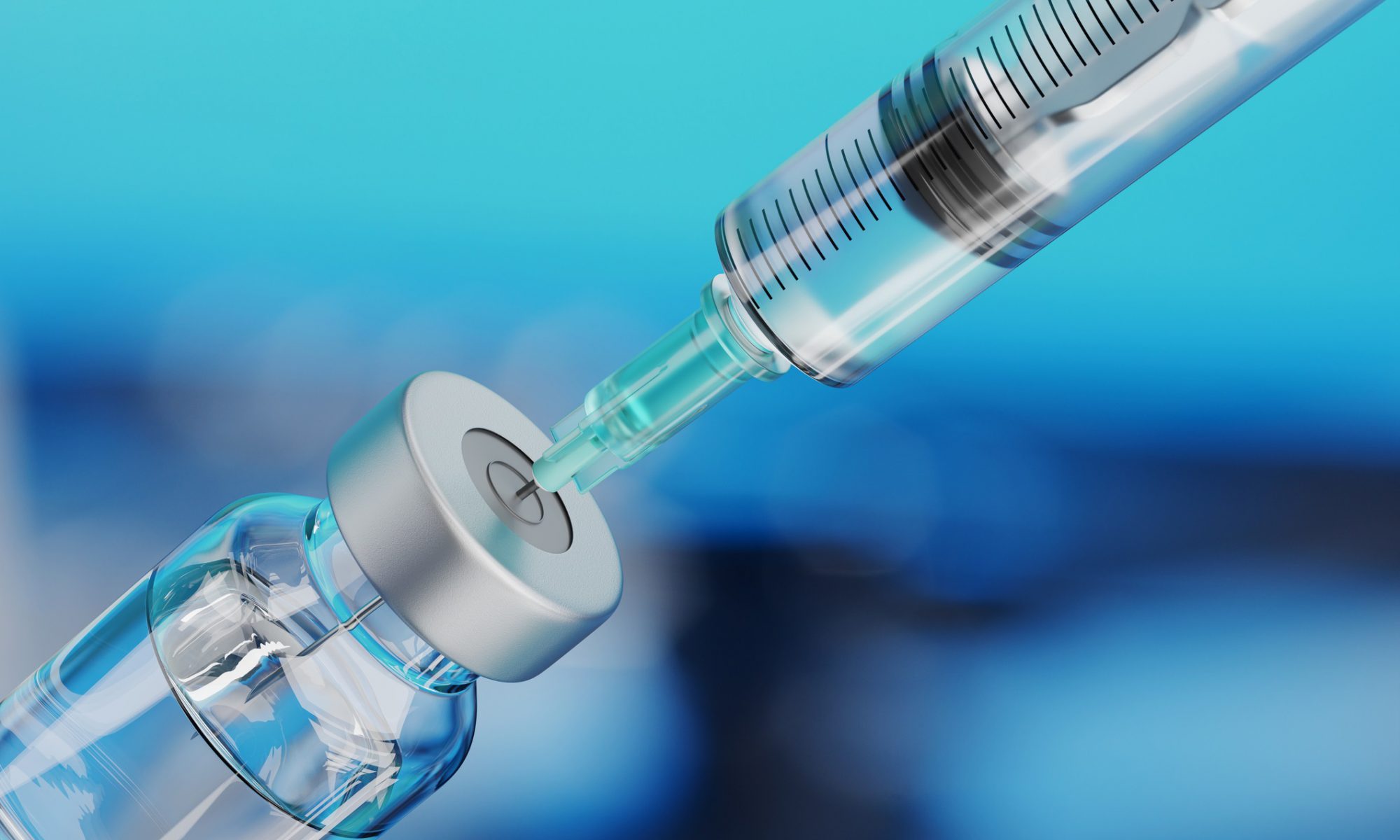The retrovirus coronavirus disease 2019 (COVID-19) has had a profound impact on all facets of the medical industry. Media and medical experts alike have held a keen focus on, and have requested the aid of otolaryngologists, virologists, and general respiratory equipment. However, many auxiliary branches of medicine are being affected by the COVID-19 virus. Read the complete article in News Medical.
A glimpse into my journey: Lung transplantation for COVID-19
Prior to November of 2020, if approached with the term ECMO or the words ventilator, tracheostomy, or lung transplant, I would have had a grossly rudimentary knowledge of most. Fast forward to January 2021, this would dramatically change as I would have an intimate understanding of what these were. In retrospect, this understanding comes with a high degree of respect for these tools and the people who use them to keep people alive. And that is exactly what they did for me.
In November of 2020, I contracted SARS-CoV-2, which resulted in my developing Covid-19. The disease ran unapologetically through my body. I had all the classic systems: sore throat, fever, body aches as I have never experienced and horrible fatigue. Realizing I was dealing with something worse than a common cold, I went to my primary care physician for a Covid test. I was instructed to isolate and rest as I waited for the results. After a day of having all these symptoms, I knew this test was going to be positive; and it was.
Read the full editorial in Wiley Online Library.
Tough Transplants
Covid-19 has caused a dramatic shift in organ transplants, with rising demand and more complex surgeries — all to prolong lives
Al Brown lay in a hospital bed at the Center for Care & Discovery at the University of Chicago Medicine, in disbelief. He had contracted Covid-19 in May 2020, during the early days of the pandemic. He knew the infection was serious, but he had no idea it would ravage his heart.
Initially, the Riverdale resident thought he had the flu and found it hard to breathe. He took himself to UChicago Medicine Ingalls Memorial Hospital in Harvey. Doctors there told him he had Covid-19. He was in the hospital for a week, hooked up to oxygen to help his breathing. Then he went back home, figuring he would recover. Read the full story.
Covid-19: Boosters, Antibodies, and Continued Risk for the Immunocompromised
World-leading specialist shares latest information on Covid-19 in transplant patients
On February 24th, CareDx hosted a webinar with NYU’s Dr. Dorry Segev, one of the world’s leading experts on the impact of Covid-19 on immunocompromised patients. When the pandemic hit, Dr. Segev shifted his research to better understanding vaccines in the immunocompromised, for which he has received a Letter of Commendation from Dr. Anthony Fauci. His research has been published in JAMA, and featured on CBS, NBC, NPR, and the New York Times, among other publications. In recognition of his contributions to health care, Dr. Segev was recently elected to the National Academy of Medicine.
We adapted our webinar conversation with Dr. Segev for this article, editing only for clarity and length. Read the full article here.
Damaged Lungs Breathe Life into University of Kentucky COVID Research
on the bottom of a sealed plastic container. It doesn’t look like much – in fact, it doesn’t look like anything. But this little black lump has untold potential, full of secrets for the researchers at Kentucky Research Alliance for Lung Disease (K-RALD) to discover about the pandemic that has ravaged the world for more than two years.
This black lump is a sample of a lung from a COVID-19 patient. Specifically, it belonged to Dave Hoover, the first Kentuckian to receive a double lung transplant after contracting COVID-19. Hoover fell ill in February 2021, and after declining rapidly, he was transplanted two months later. He donated his lungs to researchers in the University of Kentucky College of Medicine, who added it to the K-RALD biobank of lung samples. Read more.
Good Outcomes in COVID-19 Lung Transplants
Patients with COVID-19-associated acute respiratory distress syndrome who received lung transplants had similar outcomes, compared to transplant patients without COVID-19, according to a Northwestern Medicine study published in JAMA.
The findings demonstrate the viability of lung transplants in patients with COVID-19-associated acute respiratory distress syndrome (ARDS), according to Ankit Bharat, MBBS, the Harold L. and Margaret N. Method Research Professor of Surgery, chief of Thoracic Surgery in the Department of Surgery and senior author of the study. Read the full story.
Location Shouldn’t Matter in Telemedicine
At the peak of the COVID-19 pandemic, many of us pivoted to providing a great deal of care over video visits — telehealth encounters over Zoom and other platforms — where patients could stay safely in their homes and still receive healthcare.
This served an incredible public health purpose, protecting patients from coming in for their routine care while still being able to give them ongoing healthcare through contact with their doctors. Read the full story.
Low incidence of donor-specific antibodies for kidney transplant recipients with COVID-19
Despite a significant decrease in immunosuppression, the occurrence of post-COVID-19 donor-specific antibodies among COVID-19-positive kidney transplant recipients was low, according to data published in Kidney International Reports.
“Greater severity of COVID-19 has been reported in kidney transplant recipients and is most likely due to comorbidities and immunosuppressive therapy,” Christophe Masset, MD, from the Clinic Institute of Transplantation Urology Nephrology (ITUN) at the University Hospital of Nantes in France, and colleagues wrote. Read the full story.
Small Study Shows 100% Success in Lung Transplants for COVID-19–Associated ARDS
Survival was 100% among patients who had COVID-19-associated acute respiratory distress syndrome (ARDS), and 83% for those without COVID-19 infection.
Among 30 patients with COVID-19-associated acute respiratory distress syndrome (ARDS) who underwent a lung transplant, survival was 100%, according to a study published in JAMA. Read the full story.
Kidney transplant recipients were more careful than the general population during pandemic
During the first few waves of COVID-19, kidney transplant recipients in Norway engaged in less social interaction than the general population and strongly adhered to government advice, according to data published in Kidney Medicine.
Further, kidney transplant recipients reported feeling more concerned about infections despite living in a country with low infection rates. Read more.








